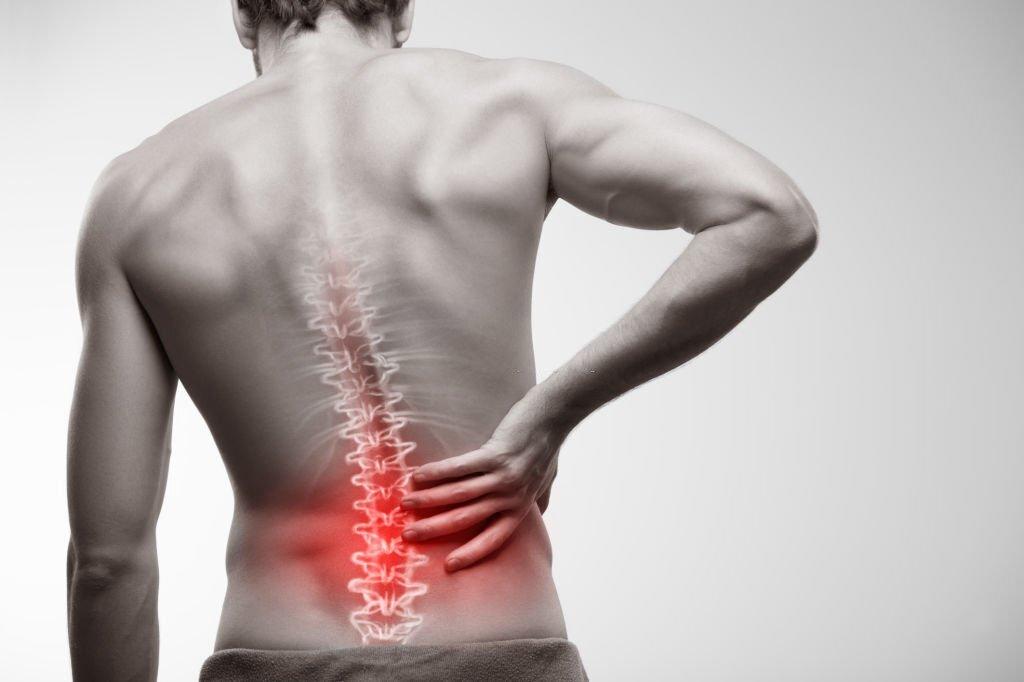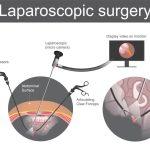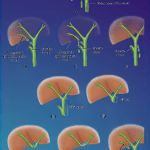Tylenol Infants Liquid Pain Relief & Fever Medicine, Oral Suspension, Acetaminophen for Sore Throat, Headache & Teething, Pain Reliever & Fever Reducer for Kids; Cherry Flavor, 2 Fl. Oz.; Pack of 1
23% OffIntroduction
Surgery to remove the gallbladder, commonly known as a cholecystectomy, is a frequent practice. Although the procedure is mostly secure and successful, some patients may develop back pain following gallbladder removal. The purpose of this article is to examine the factors that contribute to post-gallbladder surgery back discomfort, possible treatments, and preventative measures.
1. Understanding Gallbladder Surgery
Surgery to remove the gallbladder is frequently done to treat gallstones, inflammation, or other gallbladder-related probles.1. Understanding Surgery for the Gallbladderems. The gallbladder, a little organ under the liver, is removed during the treatment. Bile, a digestive fluid made by the liver, is stored in the gallbladder. Immediately following surgery, bile travels straight from the liver to the small intestine.
2. The Roots of Post-Gallbladder Surgery Back Pain
The causes of back pain after gallbladder removal surgery are many. The most frequent causes are:
Gas Pain: During surgery, the abdomen is inflated with carbon dioxide gas to provide the surgeon better view. This gas has the potential to irritate the diaphragm, resulting in referred discomfort to the shoulders and back.
Positioning During Surgery: Patients are frequently put in positions during surgery that can strain their back muscles and cause pain thereafter.
Muscle Spasms: Back pain can be brought on by muscle spasms brought on by surgical trauma or changes in posture.
3. Signs and a Prognosis
Following gallbladder removal, back pain symptoms might range in severity and persistence. Typical symptoms include:
Sharp or dull ache in the shoulder blades or upper back.
Pain that gets worse when you move or breathe deeply.
rigidity or tightness of the muscles.
discomfort during prolonged sitting or physical activity.
Following gallbladder removal, it’s crucial to see your doctor for a precise diagnosis if you have chronic or severe back discomfort. To determine the underlying cause, they may conduct a physical examination, evaluate your medical history, and request additional testing like imaging scans.
4. Back Pain Treatment Options
4.1 Painkiller medications
Back pain that is mild to severe can be treated with over-the-counter painkillers such as paracetamol or non-steroidal anti-inflammatory medicines (NSAIDs). To manage pain and increase comfort, your doctor may occasionally recommend stronger painkillers or muscle relaxants.
4.2 Rehabilitation and Physical Therapy
To increase flexibility, promote good posture, and strengthen the back muscles, physical therapy is frequently advised. You might be led through exercises and procedures by a physical therapist to target the particular surgically-affected areas, which can help to lessen pain and restore functionality.
4.3 Cold and Heat Treatment
Back pain can be temporarily relieved by applying heat or ice to the affected area. Muscles can be relaxed and blood flow can be increased with the aid of heat therapy, such as using a heating pad or having a warm shower. Applying ice packs or other forms of cold therapy can numb the area, reduce swelling, and relieve discomfort.
4.4 Techniques for Relaxation
Back pain can be made worse by stress and anxiety. Deep breathing, meditation, and yoga are examples of relaxation practices that can assist manage pain and enhance general well-being. These methods ease tension in the muscles and encourage serenity.
4.5 Changes to Your Way of Life
Making some lifestyle adjustments can speed recovery and stop the onset of new back pain. Keeping a healthy weight, using good body mechanics, avoiding heavy lifting, and engaging in regular exercise are a few of these.
5. Avoiding Post-Gallbladder Surgery Back Pain
There are things you may do to reduce the likelihood of back pain after gallbladder surgery, while it might not be fully preventable. These consist of:
obeying any movement and activity restrictions prescribed by your surgeon after surgery.
Resuming physical activity and exercise gradually by your doctor’s advice.
Using proper body mechanics and posture when standing, sitting, or lifting something.
maintaining a healthy lifestyle that promotes general well-being by incorporating a balanced diet and regular exercise.
6. Self-Care Advice and Recovery Tips
Following this advice can help you heal more quickly after gallbladder surgery and should be prioritized during your recovery period:
As advised by your doctor, take the painkillers.
Follow your healthcare provider’s recommendations and gradually raise your physical activity levels.
To relieve pain, place hot or cold compresses on your back.
To relieve tension and encourage relaxation, practice relaxation techniques.
To aid with recovery, keep up a good diet and get enough water.
7. Whenever Seek Medical Help
While some back discomfort is typical during the healing process, other symptoms may call for medical care. If you notice any of the following symptoms:
unrelieved by prescription drugs, severe or worsening discomfort.
back pain along with breathing issues or chest pain.
weakness, tingling, or numbness in the lower body or back.
signs of infection at the surgery site, such as swelling, redness, or discharge.
Conclusion
Following gallbladder surgery, back pain is a frequent side effect. People can control and reduce pain during the healing process by being aware of the reasons, available treatments, and preventive measures. Patients can enhance their general well-being and hasten a speedy recovery by adhering to post-operative instructions, developing healthy lifestyle habits, and seeking medical help when required.
FAQs
How long does post-gallbladder surgery back discomfort normally last?
Back discomfort can last anywhere from a few minutes to several weeks. After surgery, it usually goes away within a few days to a few weeks.
After gallbladder surgery, can back pain be a sign of complications?
Even while back discomfort is frequent, it’s crucial to keep an eye out for additional symptoms that could point to concerns. If you have excruciating or chronic pain, trouble breathing, or indications of an infection, call your doctor.
I had gallbladder surgery; are there any exercises I can perform to relieve back pain?
Yes, specialized exercises suggested by a physical therapist can aid in the reduction of back pain and the acceleration of recovery. For advice on the best exercises for you, speak with your doctor.
Can I take over-the-counter painkillers for my post-gallbladder surgery back pain?
For mild to moderate back pain, over-the-counter painkillers may be useful. But before taking any drug, it’s always a good idea to talk to your doctor.
Dr. Ahmed Raza, a renowned gastroenterologist with over 20 years of experience, is the dedicated founder of LifeWithNoGallbladder. With a passion for improving gallbladder health, Dr. Raza shares extensive insights, records, and guidance through his blog, providing individuals with the necessary information to make informed decisions.















